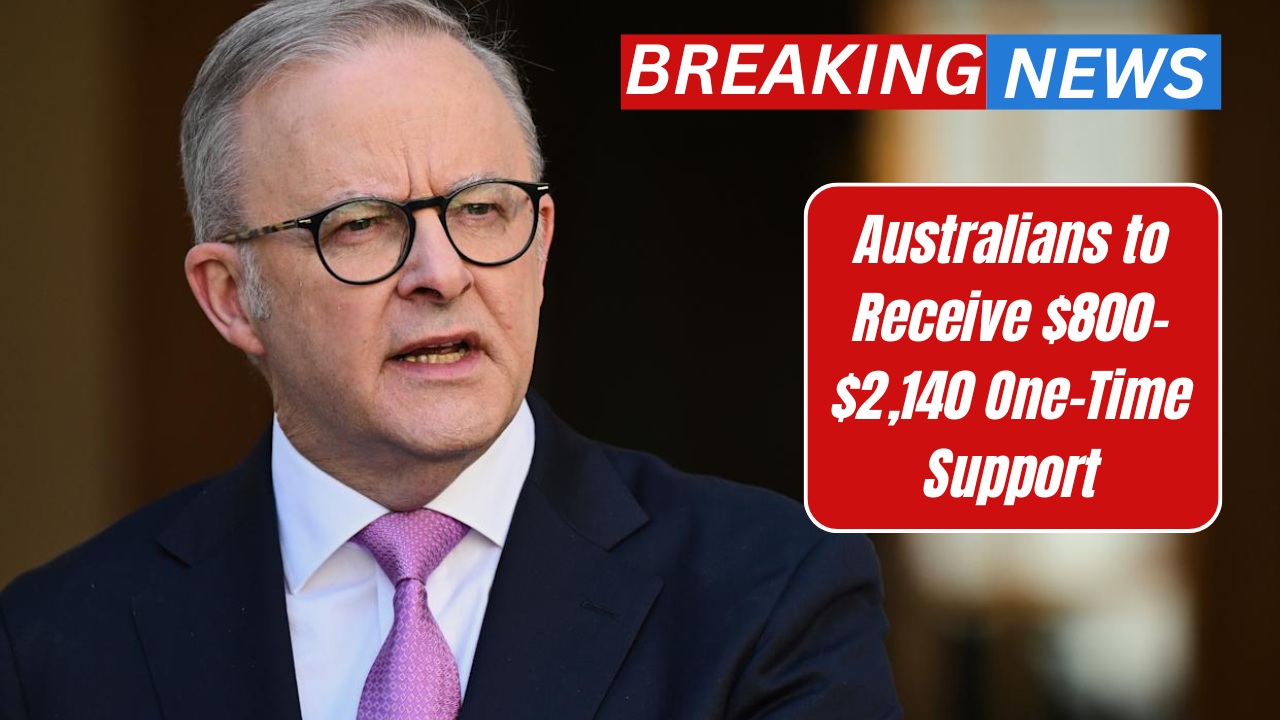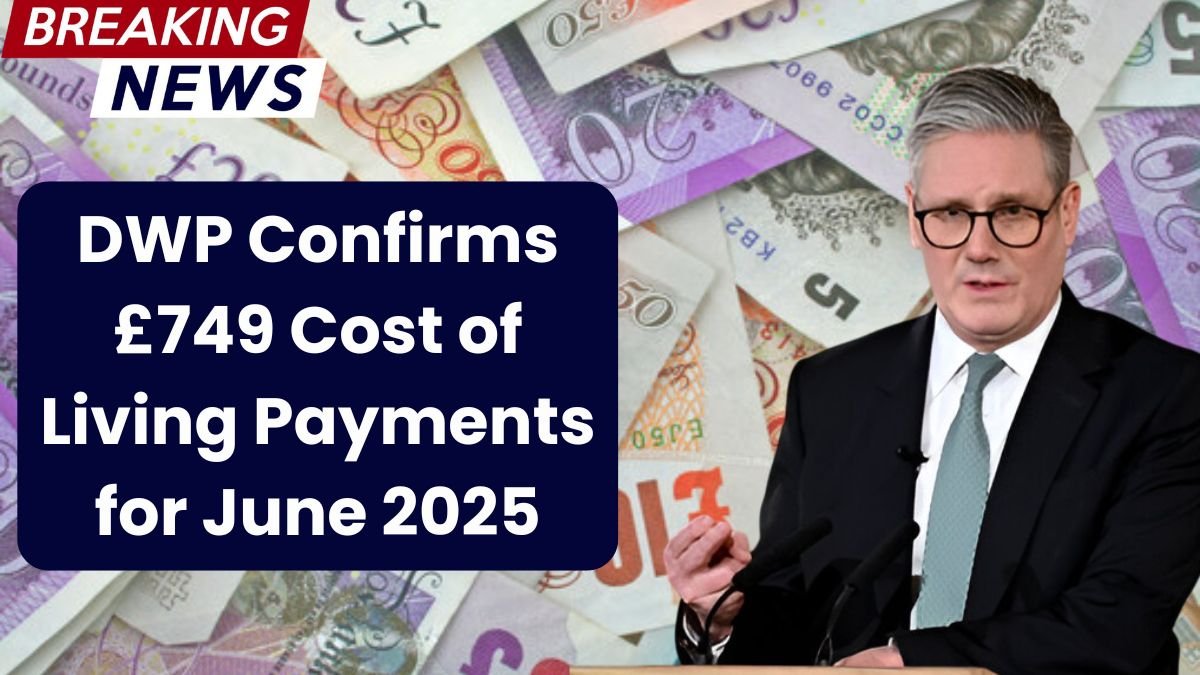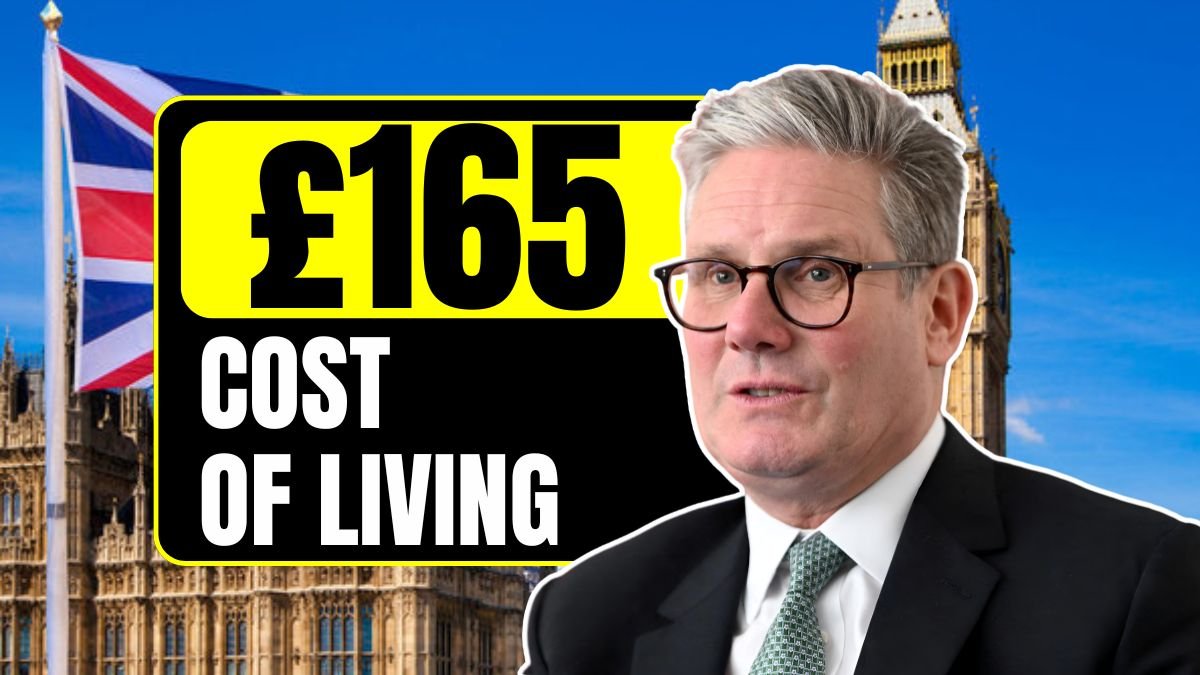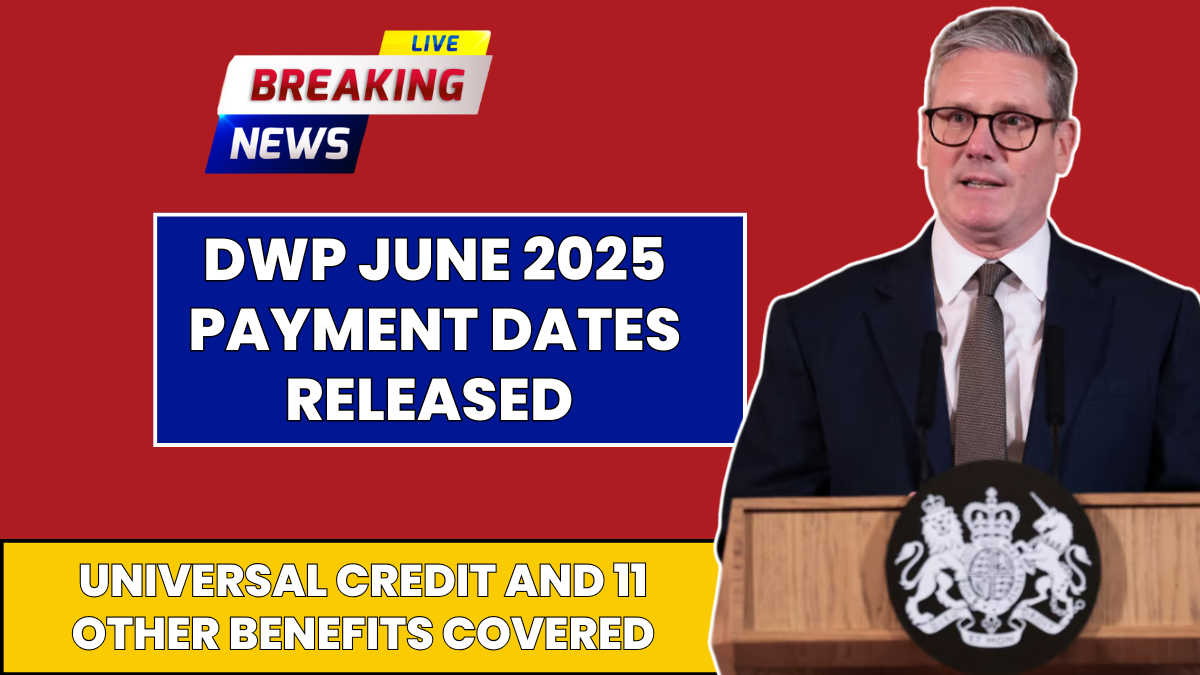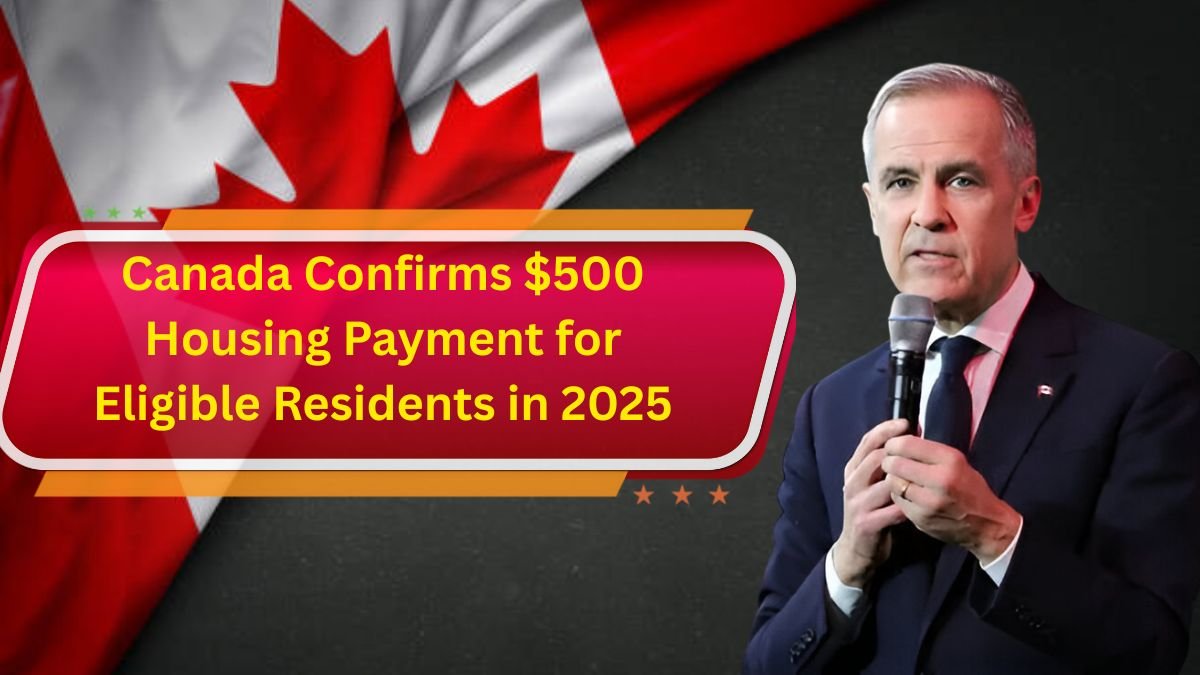In today’s digital age, when everything is available at a click, consumers’ trust rests on the transparency and honesty that online services provide them. But a new class action lawsuit filed in Ontario, Canada, has raised questions about a major food delivery service like Uber Eats. It is alleged that the company secretly charged a ‘service fee‘ from customers, due to which they were confused and had to pay more money. This lawsuit was filed on May 16, 2025 and its purpose is to get justice for consumers who have been using Uber Eats since May 2023.
What is the basic reason behind this lawsuit?
The basic allegation behind this class action lawsuit is that Uber Eats charges its customers an additional fee called “Service Fee,” which usually ranges between $2 and $4. This fee is not clearly visible in the beginning, but it is added to the bill at the last stage by hiding it under “Taxes & Other Fees.” This gives the consumers the illusion that they are paying only taxes and government fees, whereas in reality it is an additional company fee.
This method is called ‘drip pricing,’ where the company does not reveal all the charges until the last stage and the consumer gets confused and places the order thinking it is a lower price. When the customer reaches the payment page, the real price is revealed. This is not only misleading but also violates consumer protection laws.
Uber One customers suffered the biggest loss.
In this case, the most affected are those customers who have subscribed to Uber One. In this subscription, customers were promised that they would not be charged any additional fee on delivery. But despite this, these members were charged a service fee on every order, which hurt both their trust and the subscription fee paid. This lawsuit alleges that this is a kind of breach of contract.
Uber One customers were assured that by becoming premium members, they would be free from all the charges related to delivery. But in reality, they had to pay a hidden fee every time, due to which their monthly or annual subscription proved to be much less than the actual benefit. For this reason, many consumers have termed it a well-thought-out strategy.
Legal basis and allegations of violation
This lawsuit is not just about a service fee but raises broader legal issues. The plaintiffs have claimed that Uber has violated Canada’s Competition Act, provincial consumer protection laws and contract law. The allegations are:
| Legal Framework | Nature of Allegation |
|---|---|
| Competition Act | Misleading promotion and pricing on digital platforms |
| Provincial Consumer Protection Statutes | Unclear and delayed disclosure of fees |
| Contract Law | Breach of promises made to Uber One subscribers |
The plaintiffs have also sought punitive damages as punishment so that this case becomes a precedent and other digital companies are also forced to adopt transparency.
Which consumers can benefit?
This lawsuit is for all Canadian residents who placed a delivery order from Uber Eats after May 16, 2023 and were charged a service fee. It is worth noting that customers with pickup orders are not included in it.
| Eligibility Condition | Requirement |
|---|---|
| Location | Must be a resident of Canada |
| Order Type | Delivery orders only |
| Timeframe | Order placed on or after May 16, 2023 |
| Fee | Must have been charged a Service Fee |
This lawsuit is currently in the “preliminary certification” stage; that is, the court has to first decide whether it is worth proceeding as a class action. Once certified, affected consumers will be given formal notice and will have the option to join it or not.
What has been asked of the court?
The plaintiff has demanded several reliefs from the court, the main ones being
- The service fee that was wrongly charged should be refunded to the consumers.
- The profits earned by Uber from this fee should be confiscated.
- The company should be ordered to make its pricing and app design transparent.
- The plaintiff’s legal expenses should be compensated.
- Penalty action should be taken against Uber to prevent such actions in the future.
If this lawsuit is successful, it could change the policy of displaying fees on digital platforms in Canada. This will increase the hope of transparent pricing not only on Uber Eats but also on other apps.
What happens next? Should consumers do something?
The lawsuit is currently awaiting certification in court. This phase can last several months. During this time, both sides—Uber and the plaintiff—will present their arguments. If the lawsuit is accepted as a class action, Uber will have to answer all the allegations.
What should consumers do?
- Save receipts and app history of all their Uber Eats delivery orders.
- Keep an eye on legal websites or updates from lawyers.
- If the lawsuit is certified, decide if you want to be a part of it when you receive official notification.
Conclusion: Is this just against Uber or a warning to the entire industry?
This case is not limited to Uber Eats. This lawsuit is a sign that adding hidden fees without consumers’ consent can now become a legal threat for companies. If the court rules against Uber, it could force the entire digital industry to move towards transparency. This will be a victory for consumers, who often feel helpless in the face of complex policies of tech companies.
Not thousands, but millions of consumers are eyeing the court’s decision with the hope of justice in this case. It will be interesting to see whether this lawsuit will be limited to compensation or will really bring a permanent change in the practices of digital platforms.
FAQs
Q. What is the Uber Eats class action lawsuit about?
A. It challenges hidden Service Fees that were not clearly shown during checkout on delivery orders.
Q. Who is eligible to join the lawsuit?
A. Anyone in Canada who placed a delivery order on Uber Eats and paid a Service Fee on or after May 16, 2023.
Q. Does this lawsuit affect Uber One subscribers?
A. Yes, it claims Uber One members were wrongly charged Service Fees despite the promise of $0 delivery.
Q. Will I receive compensation automatically?
A. No. The case must be certified first, and compensation will depend on court approval or a settlement.
Q. What should I do if I think I’m affected?
A. Keep your Uber Eats receipts and monitor updates from the law firm leading the case.



